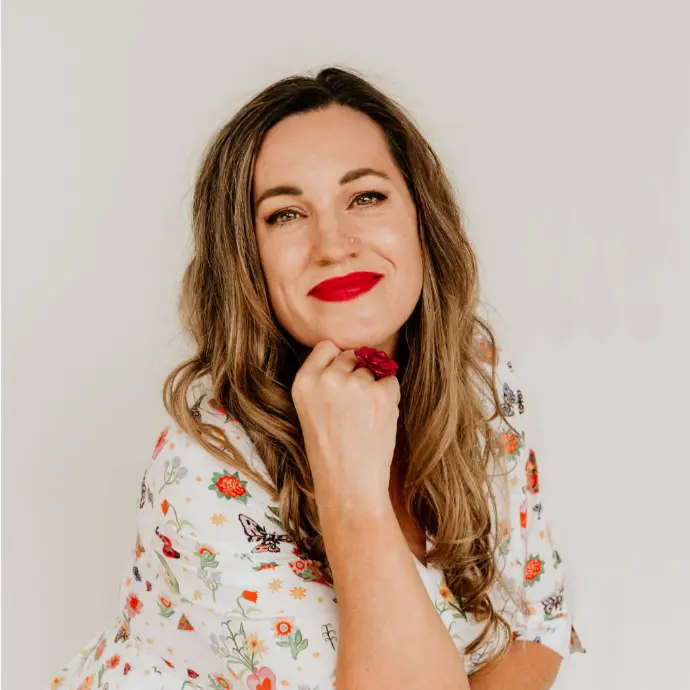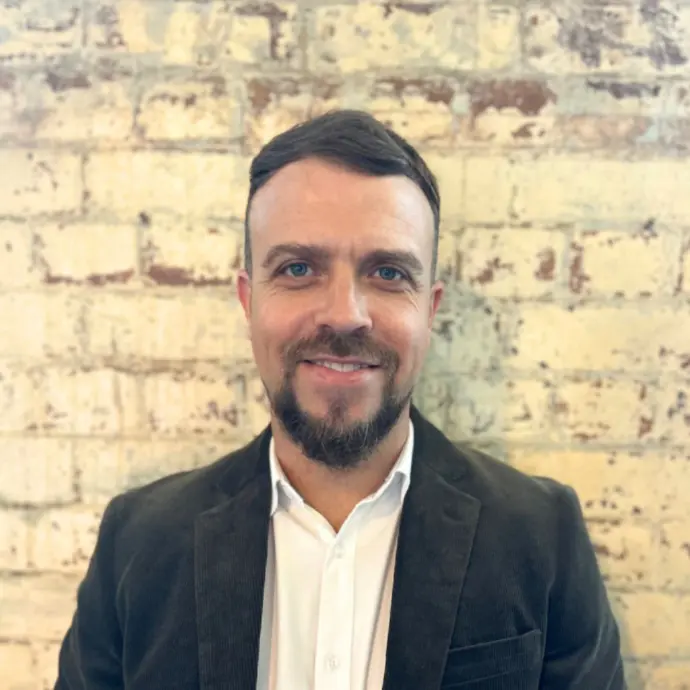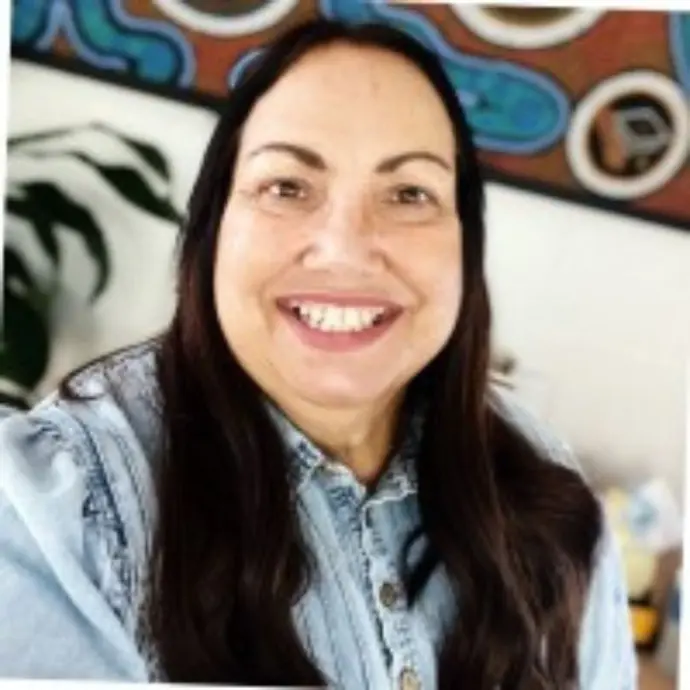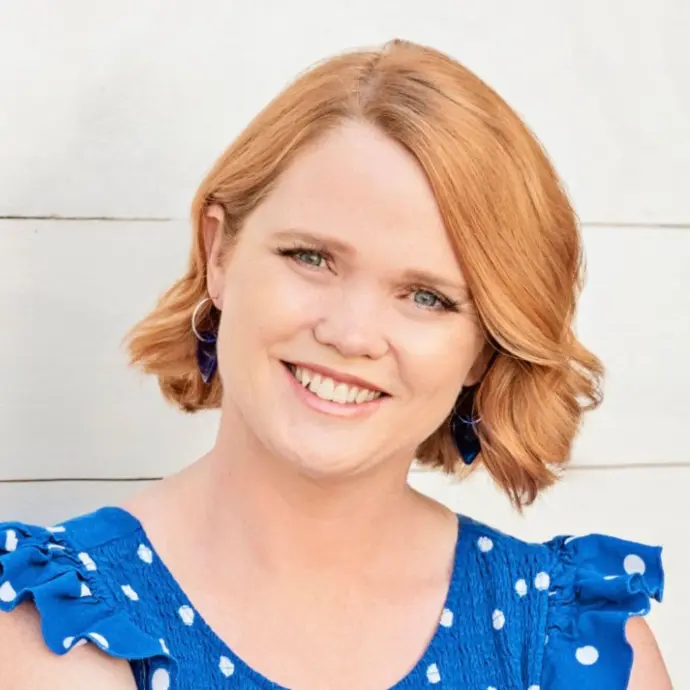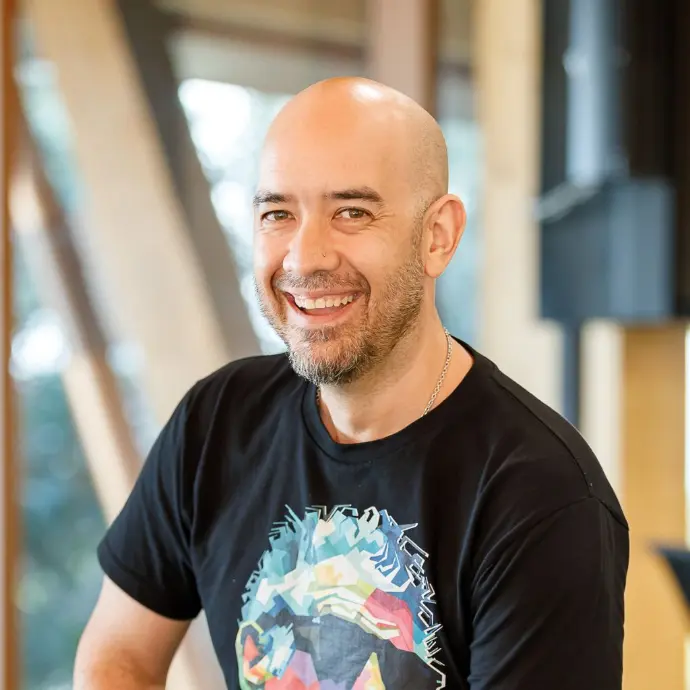Safe, Seen & Supported
Tickets
Safe, Seen & Supported
Nurturing Culturally Safe, Inclusive, and Relational Environments through a Trauma-Informed Lens
Join us for a day of learning, reflection and connection at Safe, Seen, and Supported: Nurturing Culturally Safe, Inclusive, and Relational Environments through a Trauma-Informed Lens.
This conference brings together leading thinkers and practitioners to explore how educators and allied professionals can strengthen their commitment to trauma-informed, culturally responsive and inclusive practice. With insights from Sandi Phoenix, Trent Savill, Louisa Whettam, Dr Kaylene Henderson and Christopher Phoenix, we’ll unpack practical strategies for creating environments where every child feels safe and supported. Together, we’ll reflect on how relationships, neuroscience and cultural humility can guide our daily work and collective advocacy. Whether you're an educator, leader or support professional, this event will refill your own cups and inspire you to keep filling those of others, with purpose, empathy and integrity.
Schedule
Morning Tea, Lunch and Afternoon tea included.
8:00-8:30am - Event Registration/tea and coffee
8:30-9:00am - Acknowledgement of Country and opening of the day
9:00-10:00am - Complex Trauma and behaviours: Providing a Therapeutic Response in Early Childhood [Trent Savill]
10:00-10:30am - Morning Tea
10:30-11:30am - Strong Foundations: Neuroscience and emotional development in the early years. [Sandi Phoenix]
11:30-12:30pm - Healing Together: Creating connected spaces for Jarjums through intergenerational trauma awareness [Louisa Whettam]
12:30-1:15pm – Lunch
1:15-2:45pm - Nurturing attachment relationships in our work with young children [Dr. Kaylene Henderson]
2:45-3:15pm - Afternoon Tea
3:15-4:45pm – Educator Wellbeing [Christopher Phoenix]
4:45-5:00pm - Event closing (Lucky door prizes)
Presentations
Strong Foundations: Neuroscience and emotional development in the early years.
Presented by Sandi Phoenix for Phoenix Support for Educators
Neuroscience and emotional development in the early years. What aspects of emerging science about the brain is most useful in our role as educators? We love analogies and metaphors... but which ones are going to get us closer to understanding the current research around the brain, its functions, and emotions? Hear about brain science from recent years and investigates how research might influence our pedagogy. Spoiler alert: We can't teach about emotions with emojis! 😉
Complex Trauma and behaviours: Providing a Therapeutic Response in Early Childhood
Presented by Trent Savill from Complex Care
This session will empower educators with the mindset, knowledge, and tools to shift from managing behaviours to supporting recovery and resilience in children who have experienced trauma, through a needs-based, relational, and therapeutic lens.
Participants will explore how trauma impacts brain development and impacts behaviour that often presents as “challenging behaviour” in early childhood and school settings, and unpack the stress response system (fight, flight, freeze, and fawn) leading to heightened emotional responses and difficulties with regulation.
This presentation will examine how relational trauma affects children’s ability to regulate emotions, build trust, and engage in learning, and how consistent, safe relationships can support healing.
Educators will deeper understanding of trauma-informed practice through a therapeutic lens to strengthen everyday interactions to build secure relationships, meet children’s underlying needs, and respond to complex behaviours with compassion and confidence.
Healing Together: Creating Connected Spaces for Jarjums through Intergenerational Trauma Awareness
Presented by Louisa Whettam from Ngiyambalgarra Consultancy
This session will explore how educators can activate the strength of using their heads, hearts and hands to create nurturing and connected spaces for Jarjums (children). Through discussions and practical strategies, participants will learn from a cultural lens to support children and their families, promoting healing and resilience through compassionate early childhood pedagogy. Louisa will take us on a journey into culturally sensitive approaches to recognise the impacts of trauma on young First Nations children’s lives, emphasising the importance of cultural continuity and community support in fostering positive outcomes for our youngest generation.
Nurturing attachment relationships in our work with young children
Presented by Dr. Kaylene Henderson
Research tells us that children who experience high quality relationships in their early years experience lifelong benefits.
But how do we ensure this critical foundation for children? Why is it so important to find that ideal balance between too strict and too permissive?
And how might our own childhood experiences influence our relationships with children, families and colleagues?
In this engaging session, presented by Child Psychiatrist Dr Kaylene Henderson, we will gain a deeper understanding into children’s attachment needs (and of the influence of our own attachment histories), as we strive to build strong foundations for children’s wellbeing and developmental outcomes.
Dr Kaylene will also weave in some practical tips for fostering greater cooperation, fun and sense of togetherness among our groups of children.
Educator Wellbeing: Preventing Burnout and Fostering Resilience
Presented by Christopher Phoenix from Phoenix Support for Educators
Chris will wrap up the conference weaving some together education and entertainment (EDU’TAINMENT). This session is both informative and enjoyable and blends humour, interactive games, psychology, and philosophy to guide educators in exploring their own wellbeing.
In early childhood education, the emotional energy we give to nurturing children’s social and emotional wellbeing is both vital and deeply rewarding, yet without balance, it can leave us vulnerable to compassion fatigue and burnout.
At the heart of this presentation is the Phoenix Cups framework, a powerful tool designed to help educators identify their own needs as well as the needs of others. By understanding these needs, participants will be better equipped to develop strategies for meeting them in constructive and meaningful ways.
Prioritising our own wellbeing allows us to show up for children with presence, empathy, and consistency, strengthening our capacity to help them thrive. Because we can’t pour from empty Cups.
